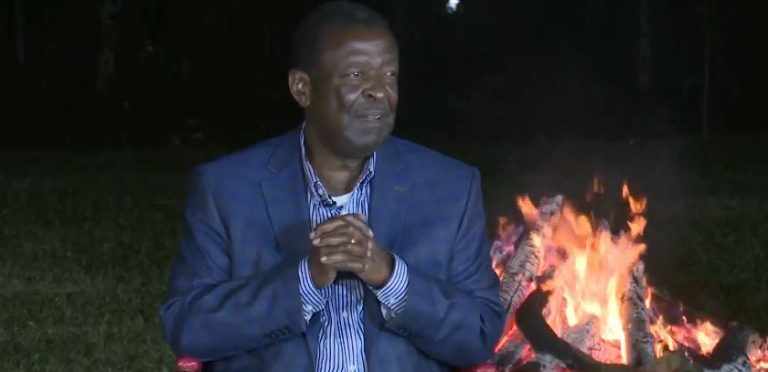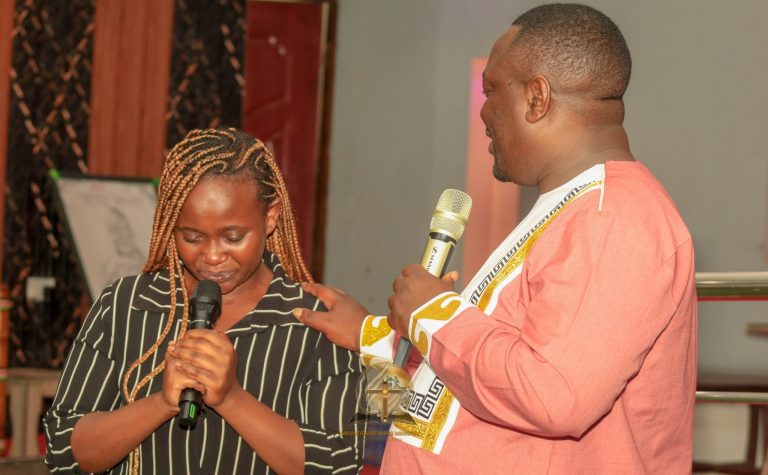BARCELONA
Spanish riot police fired rubber bullets and forced their way into activist-held polling stations in Catalonia on Sunday as thousands flooded the streets to vote in an independence referendum banned by Madrid.
Scuffles broke out as police moved in to seal off polling stations and seize ballot boxes to prevent people from voting across the wealthy northeastern region where more than 5.3 million people have been called upon to have their say on independence from Spain.
In central Barcelona, riot police forced their way inside a school to seize ballot boxes, charging at demonstrators who were sitting on the ground blocking their way, witnesses said.
INJURED
Witnesses said police in Barcelona also fired rubber bullets, with one demonstrator showing AFP a leg injury he suffered.
Witnesses said police in Barcelona also fired rubber bullets, with one demonstrator showing AFP a leg injury he suffered.
Catalan president Carles Puigdemont blasted the “unjustified violence” as emergency services said 38 people were hurt.
Riot police also stormed a polling station near Girona, smashing the glass doors of the sports centre where Puigdemont was due to vote, then cutting a chain to force their way in.
VOTING
Inside, they bagged up ballot boxes in black bin liners, wrapping them in police tape before hauling them away.
Inside, they bagged up ballot boxes in black bin liners, wrapping them in police tape before hauling them away.
But the regional government said Puigdemont had managed to vote anyway, tweeting pictures of him casting his ballot in Cornella del Terri, some 10 kilometres (six miles) away.
The drama unfolded after a night of tension in which thousands of people, both nervous and excited, had gathered outside polling stations before dawn.
CRISIS
In Barcelona, rows of police vans were in the streets, their blue lights flashing as officers in riot gear, some carrying heavy bolt cutters, walked through the street as crowds thronged the streets outside a polling station.
In Barcelona, rows of police vans were in the streets, their blue lights flashing as officers in riot gear, some carrying heavy bolt cutters, walked through the street as crowds thronged the streets outside a polling station.
“Votarem, votarem!” — Catalan for “We will vote!” — they chanted, many with their hands in the air.
As the rain poured down in Barcelona, students and activists who had spent the night in schools gathered outside with locals to “defend” these polling stations from police as cars drove by honking their horns in support.
Catalan television broadcast footage of crowds in towns and villages all over region ahead of the referendum, which has triggered one of the worst political crisis in Spain in decades.
LEGAL
Although the region is divided over independence, most people want to vote on the matter in legal, binding plebiscite.
Although the region is divided over independence, most people want to vote on the matter in legal, binding plebiscite.
“The government today is in a position to affirm that we can celebrate the referendum of self-determination — not as we wanted, but (it will have democratic) guarantees,” government spokesman Jordi Turull told reporters.
The night before the vote, those occupying the polling stations were told to hand out flowers as a sign of peaceful resistance if the police arrived.
“If someone wants to trouble you, you must remain very calm, smile, practice passive resistance — we have a lot of carnations to hand out — and try to delay them as much as possible from taking away our ballot box,” Joan Font, a 37-year-old teacher, said.
BALLOT BOXES
But the interior ministry said it had started seizing ballot boxes, adding police were “continuing to deploy in Catalonia” to stop the referendum.
Spain’s central government is staunchly against the vote, which has been ruled unconstitutional by the courts, and has vowed to stop it from taking place.
On orders of judges and prosecutors, police have seized ballot papers, detained key organisers and shut down websites promoting the vote.
The ballot boxes have been at the centre of attention during the crisis, with many wondering where they were hidden and how they would be delivered to polling stations.
POLLING STATIONS
POLLING STATIONS
Whatever happens, Sunday’s referendum result will not be recognised by Madrid, and almost certainly not by the international community.
Spain’s interior ministry on Saturday said police had closed most of the 2,315 polling stations across Catalonia.










